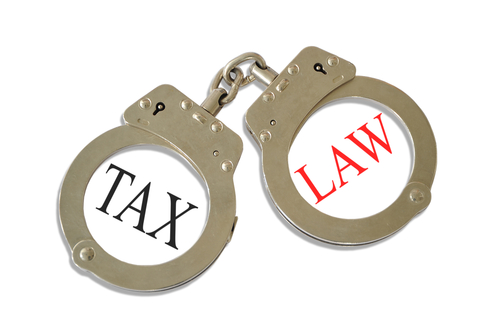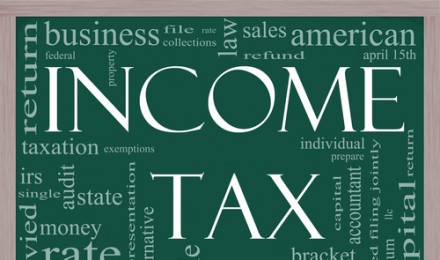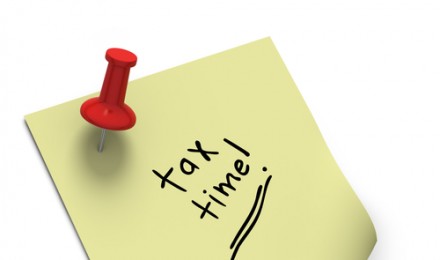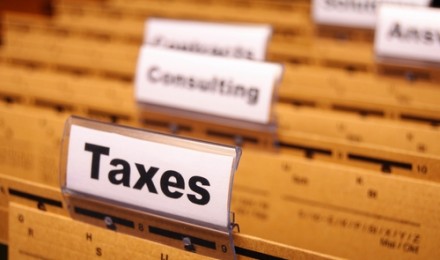In 2007, a powerful banker for a bank called UBS began working with the Internal Revenue Service in the United States. The banker, a man named Bradley Birkenfield, subsequently went to jail for the part that he had played in defrauding the United States government by helping bank clients to avoid paying required income tax.
Birkenfield was sentenced to 40-months of incarceration, some of which was served in his home under house arrest. For his efforts and his cooperation with the U.S. government, Birkenfield received more than just jail time. In fact, he was recently given a $104 million award from the U.S. government.
Whistleblower Awarded Millions
Birkenfield received the $104 million payout under laws referred to as whistleblower laws. Whistleblower laws are intended to encourage individuals to come forward with knowledge of criminal wrongdoing. Whistleblower laws, for example, will pay people who report pollution or corruption or fraud against the government. Whistleblower laws also pay people who report tax evaders. In fact, according to laws passed in 2006, whistleblowers who make reports that lead to the collection of $2 million or more in unpaid tax revenue can be awarded up to 30 percent of the collected monies.
It is these IRS whistleblower laws that allowed Birkenfield to receive his $104 million payout. The IRS, who confirmed that the payout had been made and that Birkenfield had signed a non-disclosure agreement, indicated that the payout was worth making because the information provided by Birkenfield would lead to recovering billions of dollars in unpaid taxes. The whistleblower law, in effect, worked as it was supposed to- it helped the government to identify those who failed to pay required income tax by encouraging a powerful and knowledgeable insider to step forward.
The fact that Birkenfield was a convicted felon, and one who had helped clients to defraud the government (in one instance even smuggling diamonds into the U.S. in a tube of toothpaste), was not relevant to his eligibility for his reward. The whistleblower law includes no limitations on awarding funds to felons and there is hope that payouts such as those made to Birkenfield and other powerful whistleblowers will encourage more people to come forward, even if they were conspirators themselves.
The Tax Evasion Case
Birkenfield’s payout came as a result of helping the IRS to learn about overseas accounts where U.S. taxpayers were stashing money to avoid paying billion in taxes. His case and his cooperation helped to shed light on secretive Swiss banking practices that have long provided an attractive tax sheltering option for wealthy Americans.
Following the investigation, UBS turned over more than 4,000 names of U.S. account holders and paid in excess of $780 million to resolve criminal cases involving offshore accounts. The actions against UBS also prompted as many as 33,000 U.S. taxpayers to confess to secret off shore bank accounts overseas. These taxpayers paid back taxes and penalties of around $5 billion.
The efforts to identify offshore bank accounts at UBS are part of a larger global effort to stop tax evasion.
In 2007, a powerful banker for a bank called UBS began working with the Internal Revenue Service in the United States. The banker, a man named Bradley Birkenfield, subsequently went to jail for the part that he had played in defrauding the United States government by helping bank clients to avoid paying required income tax.
Birkenfield was sentenced to 40-months of incarceration, some of which was served in his home under house arrest. For his efforts and his cooperation with the U.S. government, Birkenfield received more than just jail time. In fact, he was recently given a $104 million award from the U.S. government.
Whistleblower Awarded Millions
Birkenfield received the $104 million payout under laws referred to as whistleblower laws. Whistleblower laws are intended to encourage individuals to come forward with knowledge of criminal wrongdoing. Whistleblower laws, for example, will pay people who report pollution or corruption or fraud against the government. Whistleblower laws also pay people who report tax evaders. In fact, according to laws passed in 2006, whistleblowers who make reports that lead to the collection of $2 million or more in unpaid tax revenue can be awarded up to 30 percent of the collected monies.
It is these IRS whistleblower laws that allowed Birkenfield to receive his $104 million payout. The IRS, who confirmed that the payout had been made and that Birkenfield had signed a non-disclosure agreement, indicated that the payout was worth making because the information provided by Birkenfield would lead to recovering billions of dollars in unpaid taxes. The whistleblower law, in effect, worked as it was supposed to- it helped the government to identify those who failed to pay required income tax by encouraging a powerful and knowledgeable insider to step forward.
The fact that Birkenfield was a convicted felon, and one who had helped clients to defraud the government (in one instance even smuggling diamonds into the U.S. in a tube of toothpaste), was not relevant to his eligibility for his reward. The whistleblower law includes no limitations on awarding funds to felons and there is hope that payouts such as those made to Birkenfield and other powerful whistleblowers will encourage more people to come forward, even if they were conspirators themselves.
The Tax Evasion Case
Birkenfield’s payout came as a result of helping the IRS to learn about overseas accounts where U.S. taxpayers were stashing money to avoid paying billion in taxes. His case and his cooperation helped to shed light on secretive Swiss banking practices that have long provided an attractive tax sheltering option for wealthy Americans.
Following the investigation, UBS turned over more than 4,000 names of U.S. account holders and paid in excess of $780 million to resolve criminal cases involving offshore accounts. The actions against UBS also prompted as many as 33,000 U.S. taxpayers to confess to secret off shore bank accounts overseas. These taxpayers paid back taxes and penalties of around $5 billion.
The efforts to identify offshore bank accounts at UBS are part of a larger global effort to stop tax evasion.







